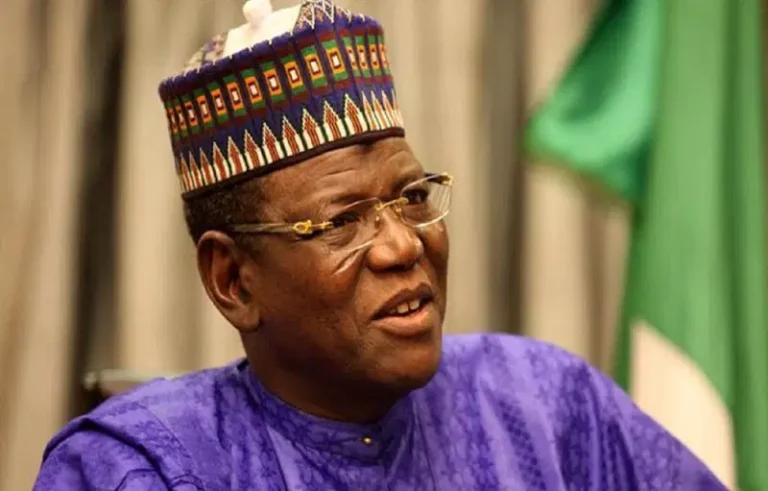By Peter Omopo
Former Governor of Jigawa State and ex-National Secretary of the defunct Social Democratic Party, Sule Lamido, has revealed that the late President Umaru Musa Yar’Adua disregarded his counsel and openly acknowledged the massive irregularities that marred the 2007 presidential election.
Lamido made the disclosure in his newly released autobiography Being True to Myself, published on May 13, where he detailed a key moment in the early days of Yar’Adua’s administration.
According to Lamido, during preparations for the late president’s first National Council of State meeting, he had advised Yar’Adua to rephrase the introduction to a memo on electoral reforms, which described the 2007 elections as being riddled with “large-scale irregularities.”
Lamido recommended a more cautious language, suggesting the phrase be altered to “in view of the desire to reform our electoral system” to avoid casting immediate doubt on the credibility of the process that brought the president to power.
However, Yar’Adua stood his ground and chose to proceed with the original wording, a decision Lamido said reflected the president’s sincerity and resolve to address electoral shortcomings.
“Yar’Adua’s stubbornness manifested at our first National Council of State meeting with him as president,” Lamido wrote in Chapter 11 of the book, titled The Yar’Adua Presidency.
“I went through the memo and became uncomfortable with the preamble, which started thus: ‘In view of the large-scale irregularities in the conduct of the last elections…’”
Lamido said he approached the president before the meeting to raise his concerns, but Yar’Adua, after reviewing the document again, maintained his stance and went ahead to present it unchanged to the council.
The National Council of State, which includes all state governors, former heads of state, and chief justices, served as a high-level platform where Yar’Adua’s forthrightness on the flawed 2007 election reportedly surprised many.
The late president’s admission would later form the basis of his administration’s electoral reform agenda, including the establishment of the Uwais Committee on Electoral Reform.

